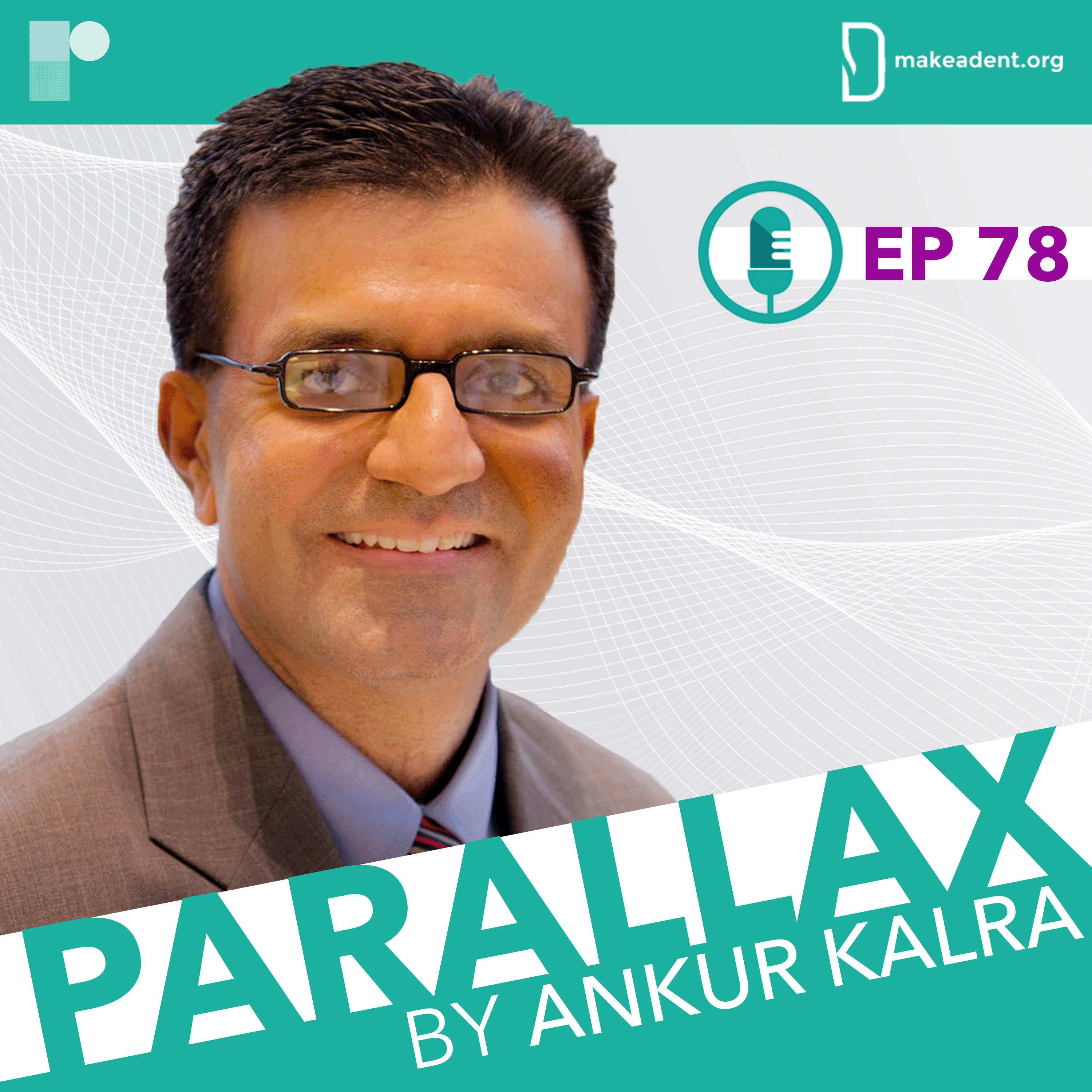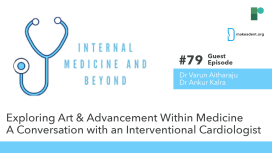
This week’s Parallax episode is focusing on the latest science and questions surrounding one of the conundrums of cardiovascular science: Lipoprotein(a).
Dr. Ankur Kalra invites Dr Salim S Virani to help simplify the concept of Lp(a) with answering key questions about its measurement and its place in practice and prevention.
Dr Virani is a Professor at Baylor College of Medicine, Director of the Cardiovascular Disease Fellowship Program and Vice Provost of Research at Aga Khan University from early next year.
Lp(a) was first described in 1963. Since then, many epidemiologic studies have noted association of high Lp(a) levels with elevated risk of cardiovascular disease, however, the role of this particle remained a conundrum (Kamstrup, 2017). New data from the development of novel drugs are offering strong evidence on the causality between Lp(a) and ASCVD and AVS (Kronenber et al. 2022).
Dr Virani, one of the authors of the new European Atherosclerosis Society consensus statement on Lipoprotein(a) in atherosclerotic cardiovascular disease and aortic stenosis, summarises the key concepts, shares his advice on clinical practice and talks about emerging therapies.
What is Lp(a) and what are the main associations? In what patient population should we lower LP(a)? What do you tell patients about Lp(a) testing and how easy it is to get it tested?
Questions and comments can be sent to “podcast@radcliffe-group.com” and may be answered by Ankur in the next episode.
Guest: @virani_md, host: @AnkurKalraMD and produced by: @RadcliffeCARDIO.

Exploring Art & Advancement Within Medicine - A Conversation with an Interventional Cardiologist.




What is the Global Cardiology University project? How does Dr Anavekar encourage trainees to re-examine their role in patient care? What is his advice to our listeners?

As Dr Kalra asks Dr Rao about the ways in which early career faculty members can get involved with the organization at a state level. Dr Rao shares his insider tips and highlights key events where individuals can further their participation.
How can you get involved with your local ACC chapter? How can you improve your leadership skills? What is Dr Rao’s advice for our listeners?

He explains how the complexity of nutrition and the compounds generated by the gut microbiome can impact our health. We learn more about three compounds produced by our gut microbiome that have a strong connection with heart disease.
Through this conversation, Dr Vuyisich invites us to reframe our approach to nutrition and prevention as a question of food education and data-driven science.





